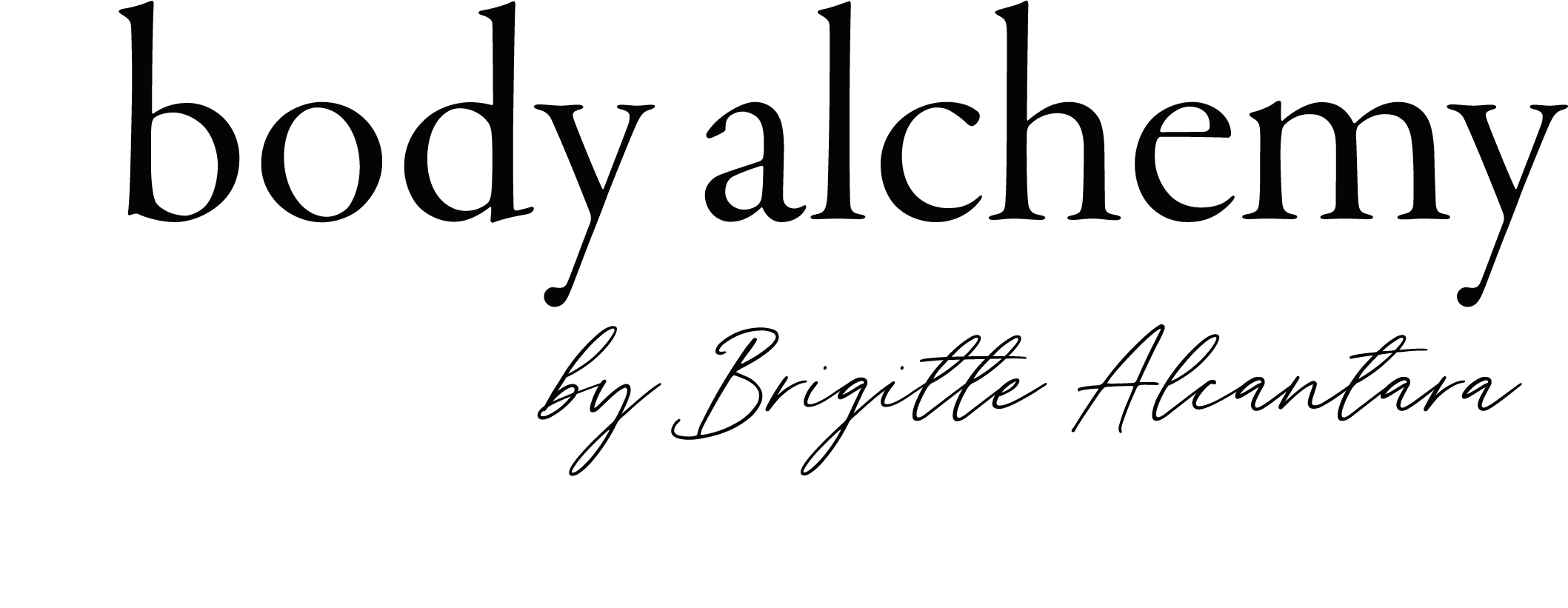How does Movement for the Modern Body™ Help Keep a Body Fit and Happy?
“LOVED the feeling of the stretch + release and loved how you connected the Pilates exercises with full body integration. As an athletic guy who also loves the gym, I now know, given my injuries, why I need a more holistic practice too. ”
Move that body!
Movement exercises, also known as physical activity or exercise, are essential for maintaining a fit and healthy body. Our focus on movement for the modern body is part of our body alchemy integrated approach to transformation. Movement for the modern body is a holistic view of how movement throughout our daily lives is crucial to our overall health & happiness.
There are several ways in which movement exercises can benefit the body:
Cardiovascular fitness: Regular movement exercises can improve cardiovascular fitness by increasing the efficiency of the heart and lungs. This can lead to lower blood pressure, a stronger heart and improved overall cardiovascular health.
Muscle and bone strength: Movement exercises can help to build and maintain muscle and bone strength. This can improve overall physical function, reduce the risk of falls and fractures, and can help to prevent conditions such as osteoporosis.
Weight management: Movement exercises can help to burn calories and increase metabolism, which can aid in weight management and prevent weight gain.
Stress relief: Movement exercises can release endorphins, which are chemicals in the brain that act as natural painkillers and mood elevators. This can help to reduce stress and improve overall mental well-being.
Flexibility and balance: Movement exercises can help to improve flexibility and balance by increasing the range of motion of joints and muscles. This can reduce the risk of injury and improve overall physical function.
Sleep quality: Movement exercises can improve the quality of sleep and reduce insomnia.
Longevity: Regular physical activity is associated with a reduced risk of chronic diseases such as heart disease, type 2 diabetes and certain cancers, which can improve life expectancy.
It's important to note that the benefits of movement exercises can vary depending on the type, intensity, and frequency of the activity. To achieve optimal health benefits, it is recommended to engage in a combination of cardio, strength and flexibility exercises, and to aim for at least 150 minutes of moderate-intensity aerobic activity or 75 minutes of vigorous-intensity aerobic activity per week, or a combination of both, along with muscle-strengthening activities that involve all major muscle groups at least two days per week.


